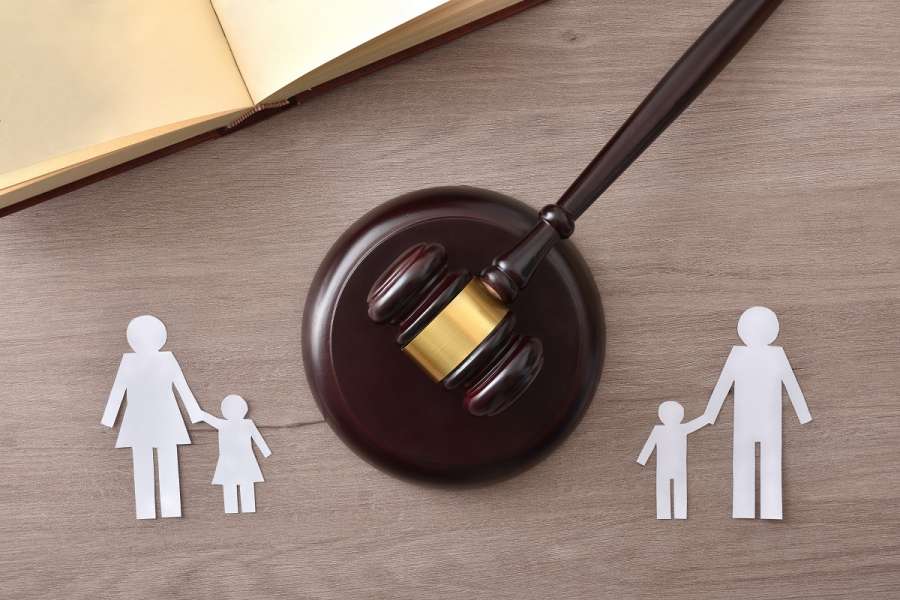Different categories of people can bring claims against an estate under the Inheritance (Provision for Family and Dependants) Act 1975.
The Act enables an applicant to challenge a Will (or intestacy if there is no Will) on the basis that it has failed to make reasonable financial provision.
The categories of eligible applicants include children of the deceased – both minor and adult children.
There are unique issues to consider when claims are brought by minors which are easy to overlook.







